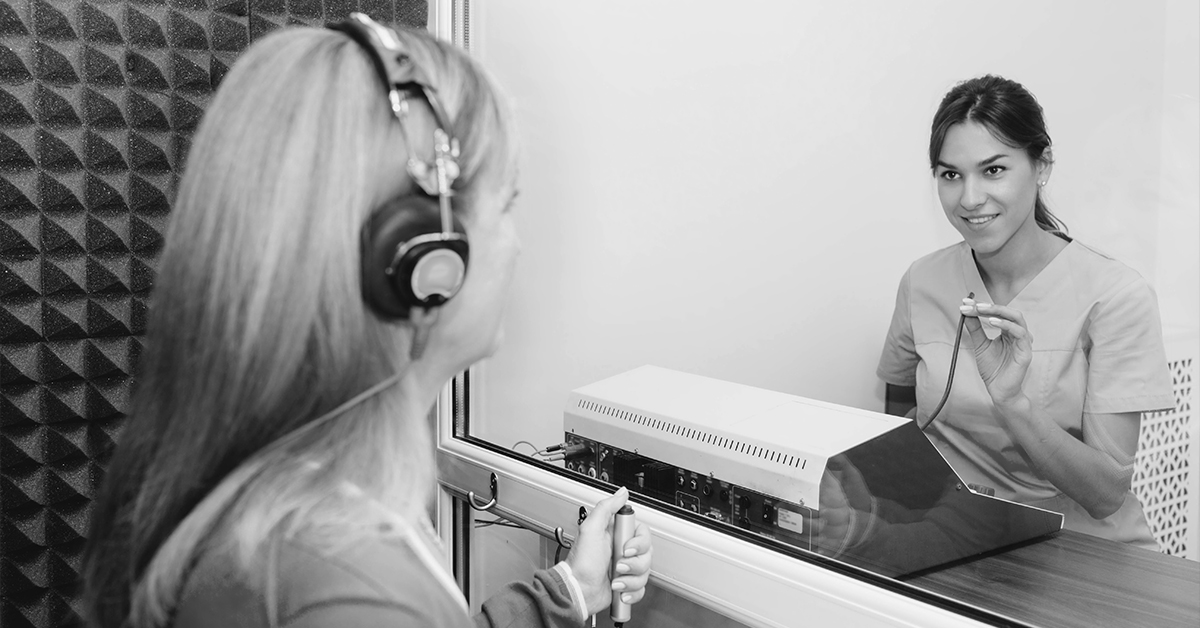Neurological diseases have become a major public health issue. Paying attention to their early signs, such as hearing loss, can make a significant difference.

Neurological diseases have emerged as a major public health problem. Among these, Alzheimer’s disease stands out as the primary cause of cognitive impairment worldwide – accounting for 50-70% of all dementia cases – and represents a significant healthcare and economic burden. According to the World Health Organization (WHO), Alzheimer’s is already one of the top ten causes of disability, dependence and mortality worldwide, earning the designation of “the true structural epidemic of the 21st century”.
To illustrate the magnitude, the latest Alzheimer’s Disease International report (2015) estimated that 46 million people worldwide lived with dementia. Projections suggest this number could reach 131.5 million by 2050. As the WHO emphasizes, such growth poses serious challenges both for individual health and for the efficient functioning of healthcare systems.
The main causes of the increase in dementia are longer life expectancy and the aging of the population. Age is the main risk factor for this problem. However, both Alzheimer’s dementia and other pathologies are multifactorial in origin. There are several risk factors, some of them modifiable, as is the case of hearing impairment.
We hear with our brains, not just our ears, making the brain essential in listening and understanding speech. Consequently, hearing impairment is associated with an increased risk of cognitive impairment and Alzheimer’s disease, as concluded by research published in JAMA Internal Medicine and a meta-analysis that gathered information from more than 7,400 people. More specific are the data from a commission of the journal Lancet, which associated a decrease in cognition for every 10 decibels of hearing reduction.
“There seems to be a strong relationship between hearing loss and cognitive decline, but the interesting thing is that this is not just a medical problem, it’s also a behavioral problem”, Sebastian Lelo D Larrea, Behavioral Data Scientist, explains to BeWay.
Behavioral changes
“People with hearing loss often begin to isolate themselves socially, they stop going to meetings or restaurants because they have a hard time following conversations. And that isolation has a direct impact on their cognitive health. When someone can’t hear well, they don’t always say so. Rather, they withdraw, stop participating, avoid conversations…. And that change in behavior can accelerate deterioration”, he continues.
In this context, hearing loss extends beyond an auditory issue. It involves other behaviors classified as modifiable risk factors, such as social isolation. This was determined, for example, by a study conducted by researchers at McGill University in Montreal (Canada).
The good news is that there are screening tools to detect a possible relationship between cognitive and hearing impairment. However, as Sebastian rightly points out, these are tests that require high-cost resources and are not always available to patients. “Screening evaluations focused on detecting sensory difficulty and cognitive decline are necessary to prevent dementia. The problem with current tests is that they require a healthcare professional, a hospital and cost money and time”, he explains.
To address these barriers, Sebastián and colleagues from Northeastern University, the Manuel Velasco Suárez National Institute of Neurology and Neurosurgery and the Ramón de la Fuente Muñiz National Institute of Psychiatry, have developed a method for early detection of cognitive and auditory deterioration and to set off all the alerts. “What we are doing is developing digital tools to measure people’s behavior without the need for a specialist. This allows us to do large-scale assessments”, he says. The results of his study have been published in the Journal of Alzheimer’s Disease.
Expanding to a Broader Population
For their work, they conducted a battery of digital tests that made it possible to evaluate the hearing and cognition of the subjects without the need for specialized equipment. The simplicity of the tests allows them to be done from home; all that is needed is a cell phone. In total, they had 150 participants, coming from different parts of Mexico. “Many of these tests are not explicitly cognitive, but they do allow us to infer how the person’s brain is functioning through their behavior”, continues Sebastián.
The idea, now, is to publicize the project and to be able to continue expanding these tests with more and more people. For example, one solution that the expert suggests is to start implementing this type of tests in companies to prevent occupational hazards: “The amount of money spent on hearing loss, between lost productivity, insurance and subsidies, is billions of dollars worldwide. If a company has employees with untreated hearing loss, the lack of productivity can be brutal”.
Given the dire predictions of the progression of this disease, acting now could mark a turning point in its effects: “If we can detect changes in behavior before the person himself realizes he has a problem, we can intervene in time. Human behavior gives us very clear clues about a person’s health, and the key is to measure it in an accurate and accessible way”.

